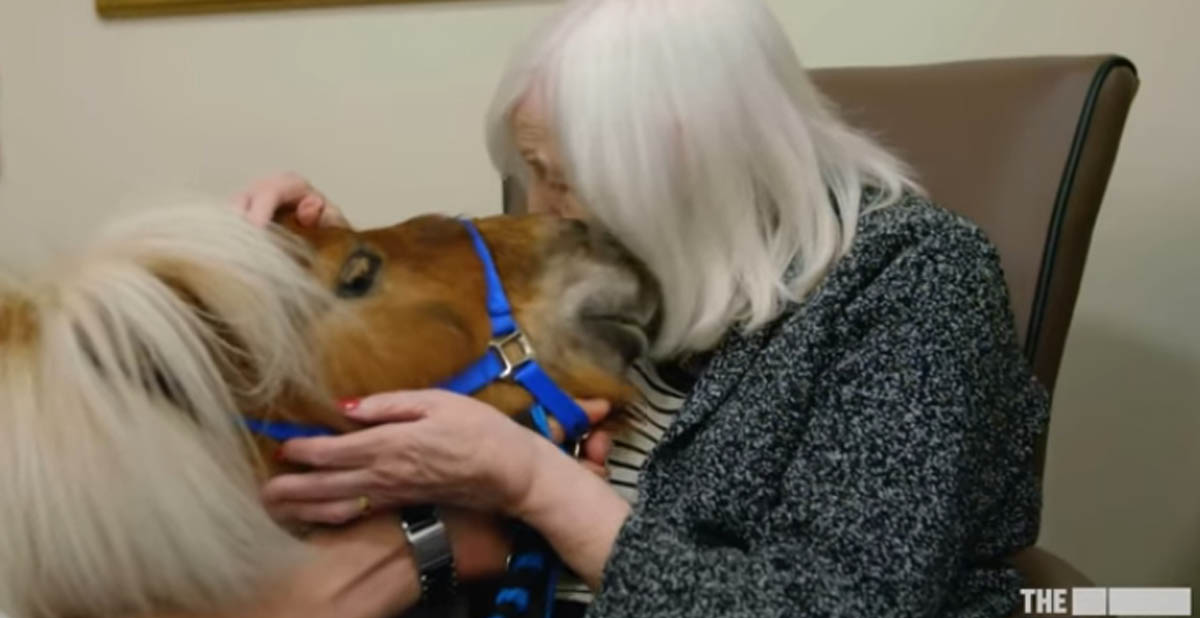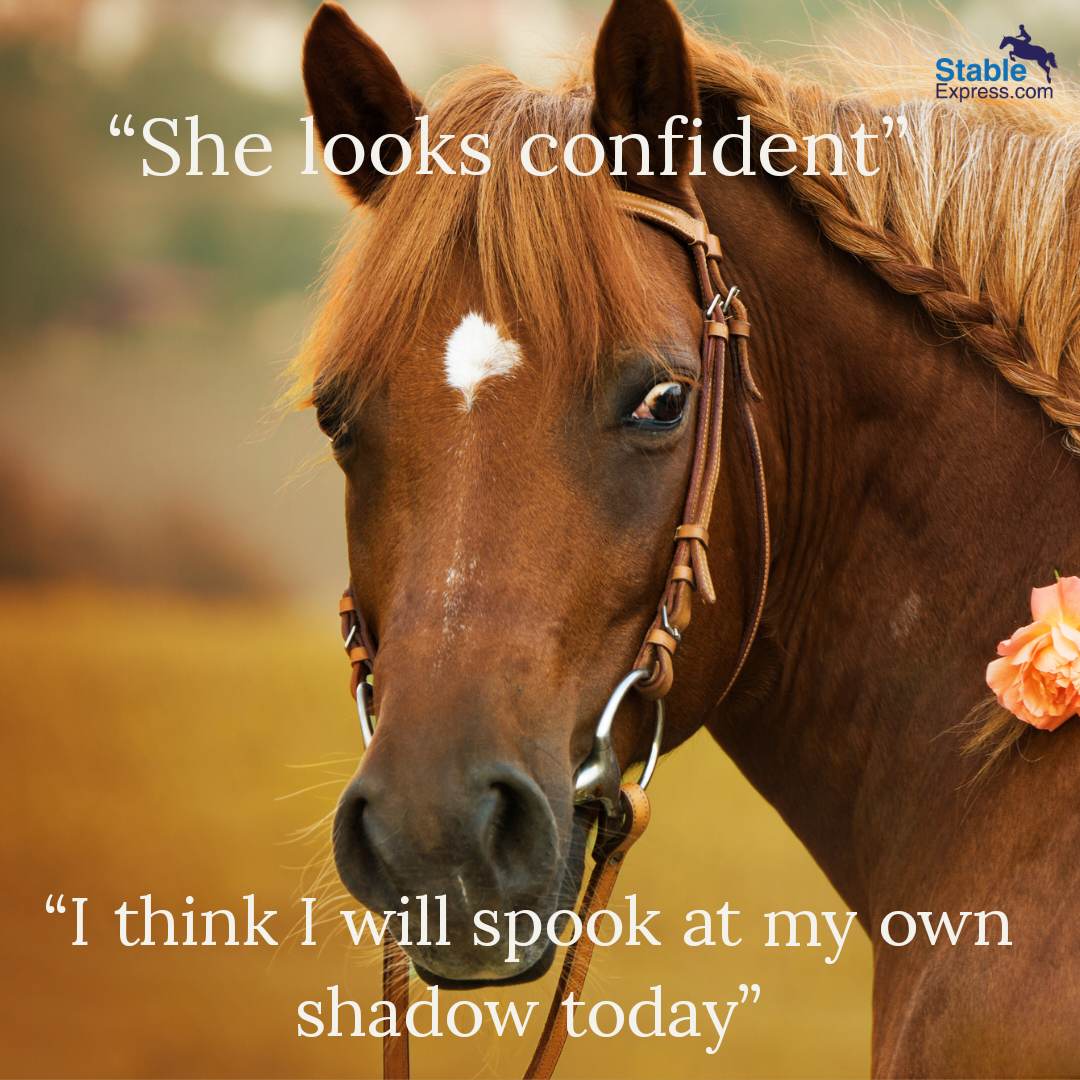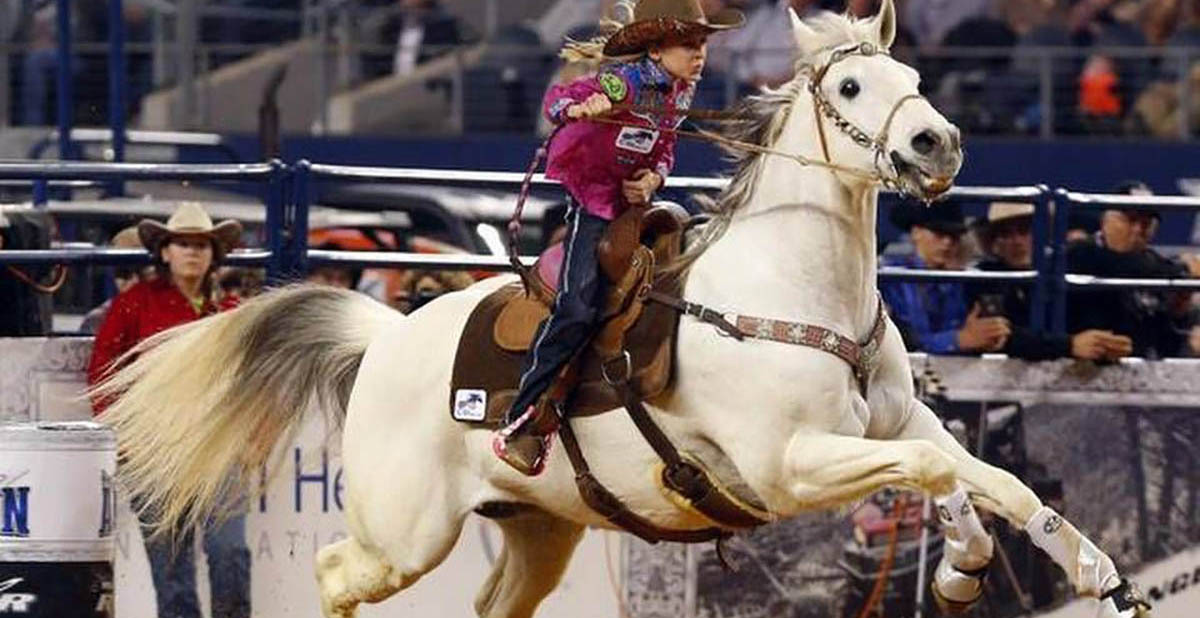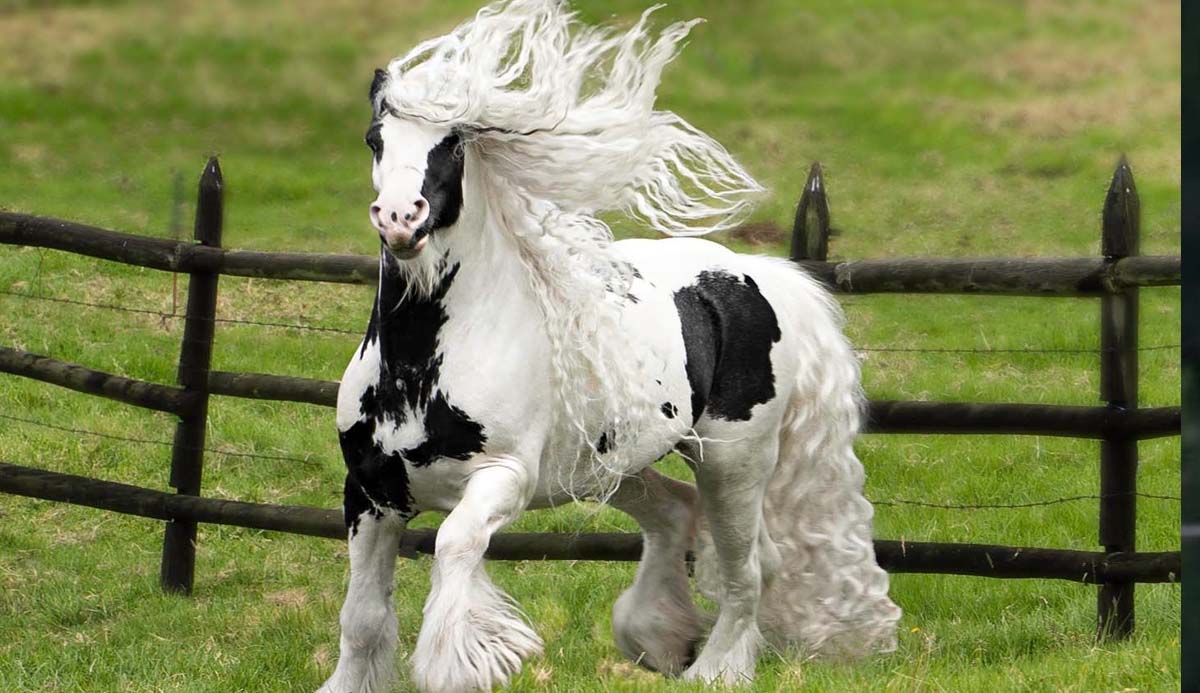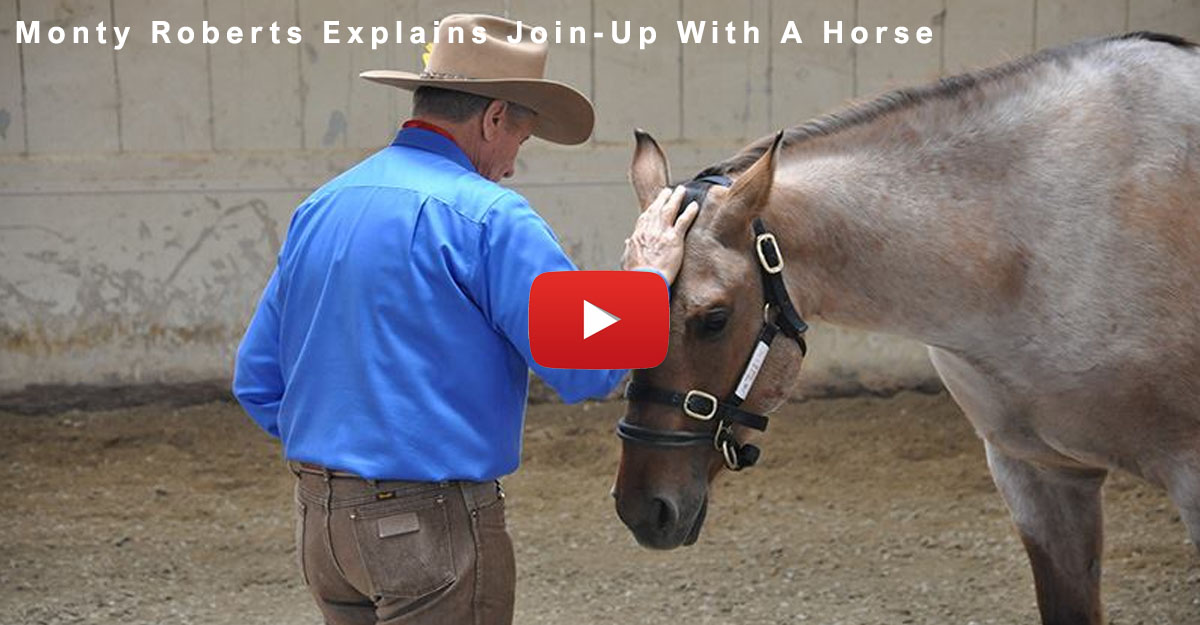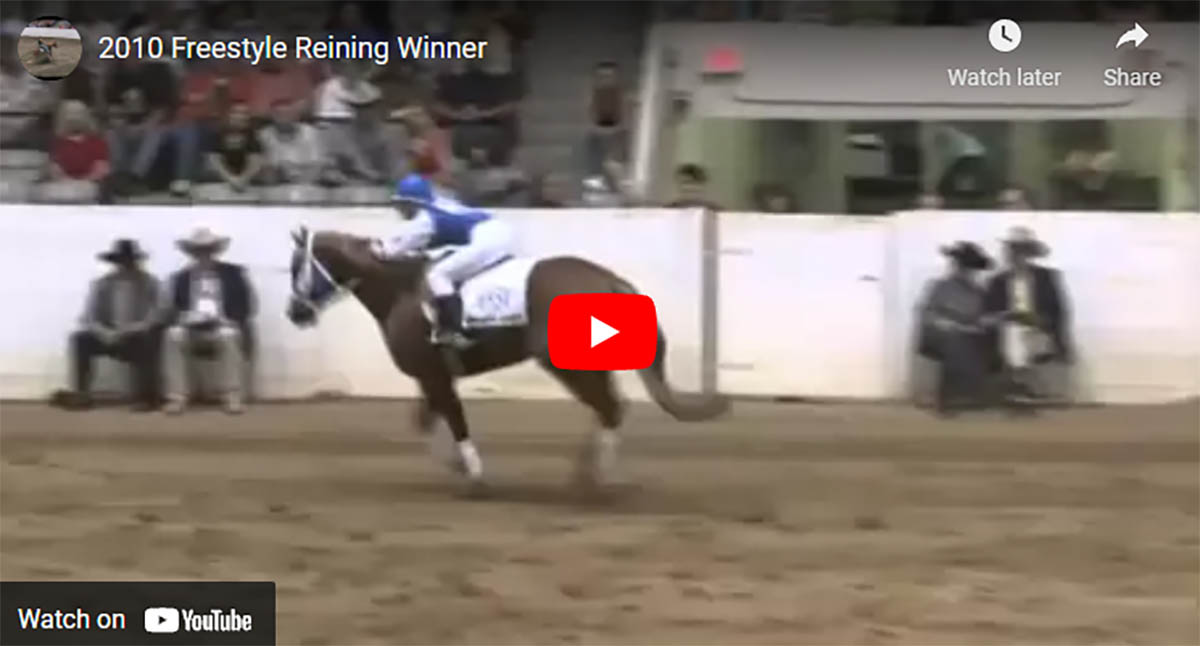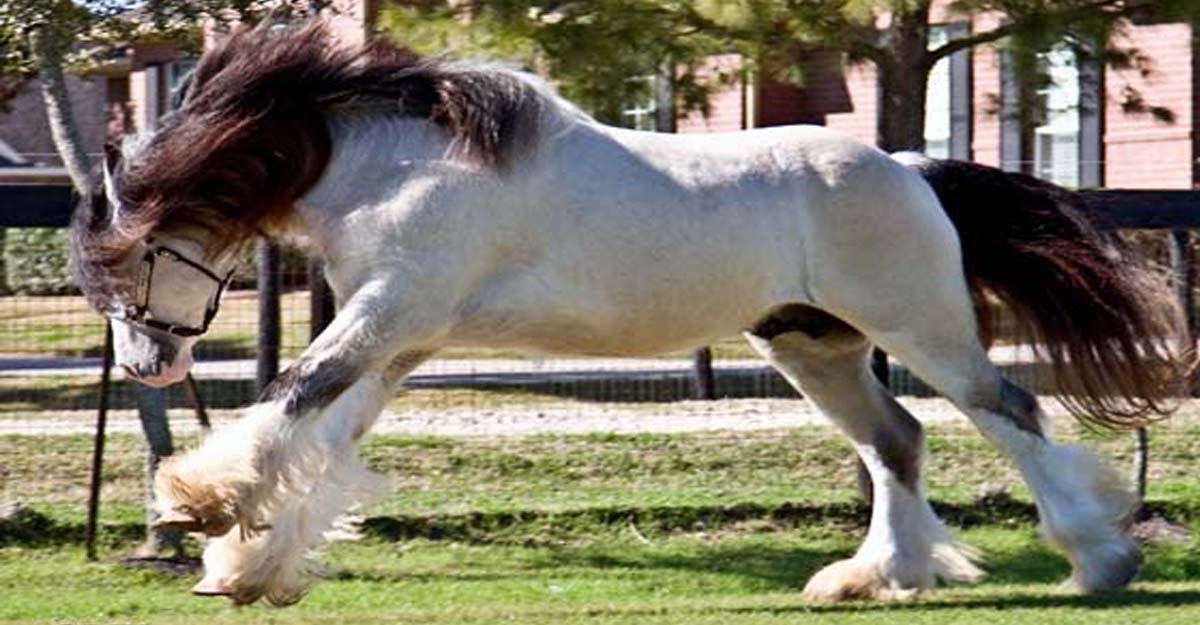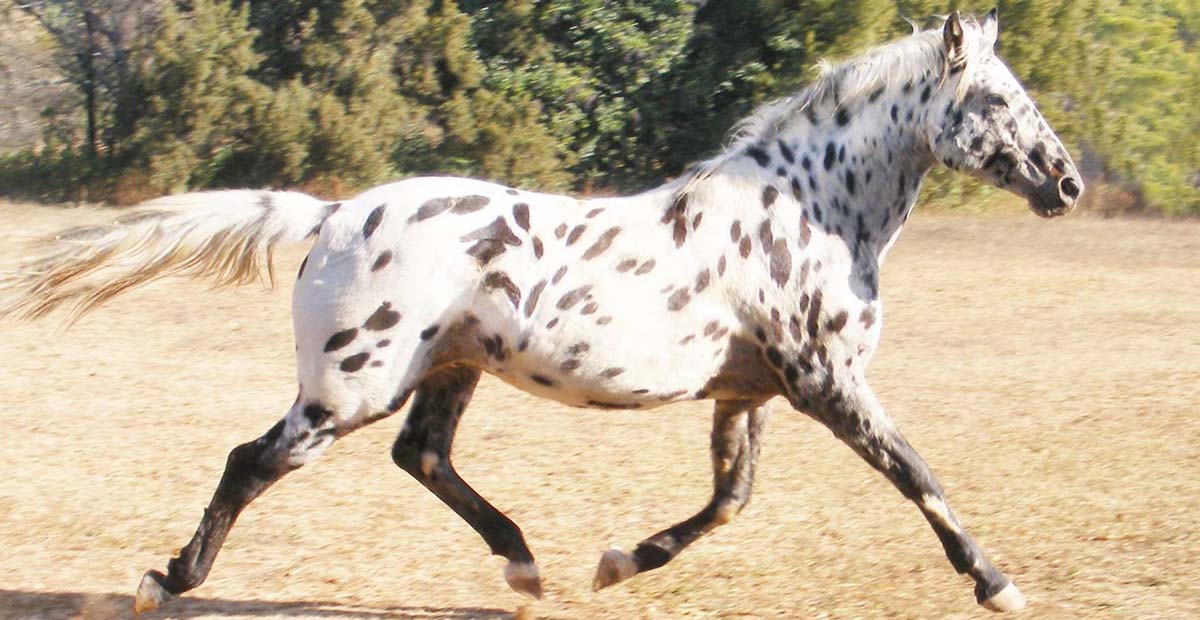Cushings Disease Horses
Cushing`s Syndrome, also known as Cushing`s disease, is a common illness among older horses and involves the pituitary gland. While no one wants to see their horse sick or in pain, it`s still important to learn about how to spot when your horse is having trouble and what you should do about it if that turns out to be the case. Being well informed is crucial to being able to take care of your horse and give them the necessary care they need. You`ll need to have an eagle eye for these details because your horse simply can`t open his mouth and tell you what`s wrong, but many horses will try to tell you by their signs.
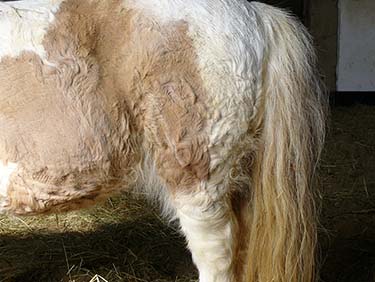 What is Cushing`s Disease?
What is Cushing`s Disease?
Before we can talk about identifying Cushing`s, we need to talk briefly about what it is. What happens is a pituitary gland tumor will grow and this is located at the base of the brain. It causes it to emit high levels of ACTH. This causes very high levels of cortisol, a hormone, and one that is dangerous if the body has too much.
What are the signs of Cushing`s Disease?
Your horse will show several signs if they have Cushing`s, but two of the biggest ones is weight loss or changes in body shape (this might include large fat deposits along the mane or losing muscle, etc.) or an affected appetite. A horse who has Cushing`s will frequently have excessive thirst and also excessive urination.
If you notice some of these things but aren`t too sure if it could be Cushing`s, look in their mouth as sometimes ulcers in the mouth can be a telltale sign. You may also find your horse is prone to infection or has abnormal shedding. If you notice any of these things, you should immediately call your vet and tell them your suspicions.
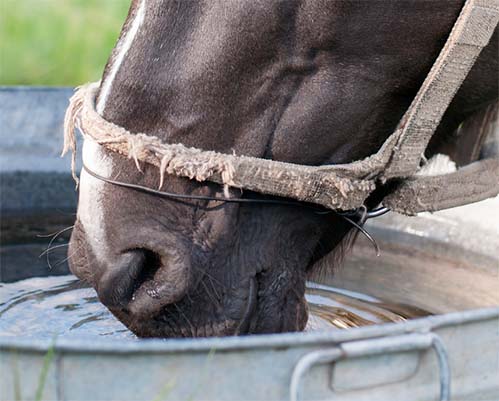 What can you do to treat Cushing`s Disease?
What can you do to treat Cushing`s Disease?
Once your vet looks over your horse and determines that the root of the problem is Cushing`s and not something else you can begin treating it. Unfortunately, there is not treatment, but you can manage Cushing`s comfortable with medication. Pergolide is the main medication used to treat Cushing`s and depending on your horses` severity, you`ll be prescribed anywhere from .2 to 5mm. It`s important to have your vet check out your horse as soon as you suspect something wrong because that way they can diagnose it and prescribe the necessary medication immediately
Horses who have Cushing`s are also prone to laminitis, meaning their hooves inflame inside. Lush pastures can help this from being a problem and regular farrier visits will ensure it`s unlikely to happen. It`s also important to make sure to clean and disinfect any wounds you may see on your horse, as Cushing`s makes them more prone to infection.
Dealing with Cushing`s in your horse can be a daunting process, but really it`s just about being diligent and giving them a little extra TLC on the daily. If you have any additional questions about the syndrome, you shouldn`t be afraid to consult with your vet.
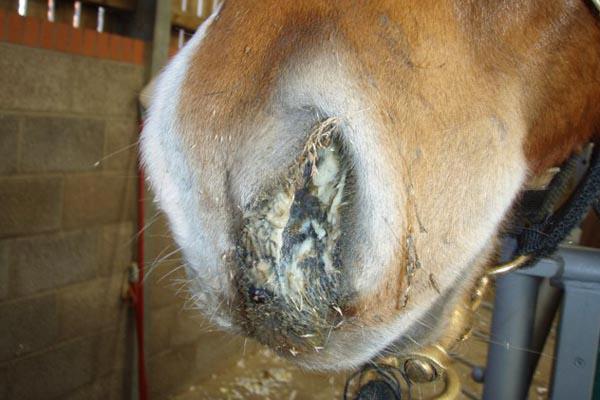
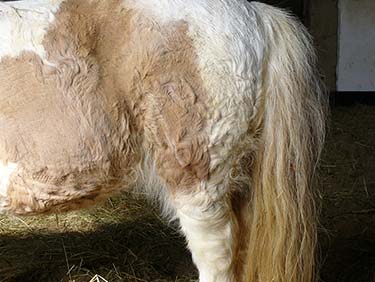

Before we can talk about identifying Cushing`s, we need to talk briefly about what it is. What happens is a pituitary gland tumor will grow and this is located at the base of the brain. It causes it to emit high levels of ACTH. This causes very high levels of cortisol, a hormone, and one that is dangerous if the body has too much.
What are the signs of Cushing`s Disease?
Your horse will show several signs if they have Cushing`s, but two of the biggest ones is weight loss or changes in body shape (this might include large fat deposits along the mane or losing muscle, etc.) or an affected appetite. A horse who has Cushing`s will frequently have excessive thirst and also excessive urination.
If you notice some of these things but aren`t too sure if it could be Cushing`s, look in their mouth as sometimes ulcers in the mouth can be a telltale sign. You may also find your horse is prone to infection or has abnormal shedding. If you notice any of these things, you should immediately call your vet and tell them your suspicions.

Once your vet looks over your horse and determines that the root of the problem is Cushing`s and not something else you can begin treating it. Unfortunately, there is not treatment, but you can manage Cushing`s comfortable with medication. Pergolide is the main medication used to treat Cushing`s and depending on your horses` severity, you`ll be prescribed anywhere from .2 to 5mm. It`s important to have your vet check out your horse as soon as you suspect something wrong because that way they can diagnose it and prescribe the necessary medication immediately
Horses who have Cushing`s are also prone to laminitis, meaning their hooves inflame inside. Lush pastures can help this from being a problem and regular farrier visits will ensure it`s unlikely to happen. It`s also important to make sure to clean and disinfect any wounds you may see on your horse, as Cushing`s makes them more prone to infection.
Dealing with Cushing`s in your horse can be a daunting process, but really it`s just about being diligent and giving them a little extra TLC on the daily. If you have any additional questions about the syndrome, you shouldn`t be afraid to consult with your vet.









